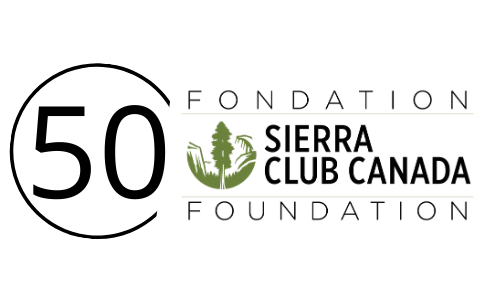
Film Screening of Last of the Right Whales
Mardi, 23 Novembre, 7pm In Cinema Du Musee
PANELISTS BIOGRAPHIES
(English Follows)
ROBERT MICHAUD
Robert Michaud est président et directeur scientifique du Groupe de recherche et d”education sur les mammifères marins, le GREMM, un OBNL fondé en 1985 et basé à Tadoussac. Il dirige des programmes de recherche à long terme sur les bélugas et les grands rorquals de l'estuaire du Saint-Laurent et accueille régulièrement des étudiants de deuxième et troisième cycle. Il est coordonnateur du Réseau québécois d'urgences pour les mammifères marins et membre de plusieurs comités de rétablissement pour des espèces en péril. Depuis 35 ans, son travail et sa passion sont à la base de plusieurs initiatives de conservation et de nombreux programmes éducatifs diffusés dans plusieurs documentaires, livres, articles et magazines à travers la planète.
NADINE PEQUENEZA
Les documentaires de Nadine Pequeneza (The Invisible Heart, 15 to Life: Kenneth’s Story, Inside Disaster: Haiti) offrent un accès unique à des histoires de justice sociale et environnementale centrées sur les gens. Elle est récipiendaire du Canadian Screen Awards pour le meilleur scénario dans un documentaire, du Gold Hugo Award du Chicago International Film Festival et du Gold Panda Special Jury Award du Sichuan Festival. Elle a été sélectionnée à deux reprises pour le prix Donald Brittain du meilleur documentaire social/politique.
RICHARD SEARS
Richard Sears, un Franco-américain, a fondé la station de recherche des îles Mingan (MICS, pour Mingan Island Cetacean Study en anglais) en 1979 pour étudier les mammifères marins du Saint-Laurent, en particulier les baleines à fanons. De 1976 à 1979, il a participé aux études sur les mammifères marins menées par le College of the Atlantic à Mount Desert Rock, au large des côtes du Maine. Il y a appris que pour connaître les baleines, il n’y a pas de meilleur moyen que de passer beaucoup de temps en mer. Son travail, initié en 1979, est devenu le premier projet de recherche à long terme sur la baleine bleue au monde et le plus long effort de collecte continue de données sur les cétacés dans le Saint-Laurent. Richard est très fier que le MICS ait pu fêter son 40 e anniversaire, tout en poursuivant toujours son travail de recherche.
_____________________________________________________________________________________________
NADINE PEQUENEZA
Nadine Pequeneza’s films (The Invisible Heart, 15 to Life: Kenneth’s Story, Inside Disaster: Haiti) offer unique access to character-driven stories about social and environmental justice. Her work has been recognized by: the Canadian Screen Awards for Best Writing in a Documentary, the Chicago International Film Festival Gold Hugo Award and Sichuan Festival’s Gold Panda Special Jury Award. She is a two-time nominee for the Donald Brittain Award for Best Social/Political Documentary.
RICHARD SEARS
Richard Sears, a Franco-American, founded Mingan Island Cetacean Study (MICS) in 1979 to study marine mammals in the St Lawrence, with an emphasis on baleen whales. Previously, from 1976-1979 he took part in the College of the Atlantic’s marine mammal surveys based on Mount Desert Rock off the coast of Maine. Here he learned that in order to know whales, there is no better way than to spend a lot of time at sea. His work initiated in 1979 became the first long-term blue research project on the planet and the longest continuous data collection effort for cetaceans in the St Lawrence. One of his greatest feelings of achievement is that MICS has been able to make it to its 40th anniversary and can pursue its work into the future.
ROBERT MICHAUD
Robert Michaud is President and Scientific Director of the Group for Research and Education on Marine Mammals (GREMM), a non-profit organization founded in 1985 and based in Tadoussac. He directs long-term research programs on beluga whales and large rorqual whales in the St. Lawrence Estuary and regularly forms graduate students. He is the coordinator of the Quebec Marine Mammal Emergency Response Network and a member of several recovery committees for species at risk. For the past 35 years, his work and his passion have been the basis of many conservation initiatives and educational programs that have been broadcast in documentaries, books, articles and magazines around the world.

